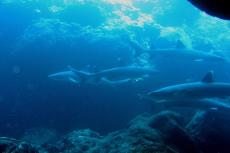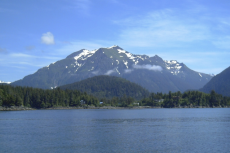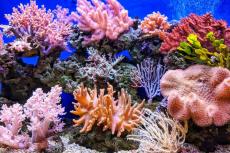Heat-tolerant symbionts creates resilient coral reefs
While global warming is causing the loss of coral reefs globally, scientists believe that certain corals increase their tolerance to heat when the symbiotic algae communities they host change.
Some reefs in the tropical Pacific Ocean could maintain coral cover into the second half of this century by shuffling the symbiotic algae they host.
To better understand how corals improved their tolerance to heat stress, the researchers at the University of Miami examined more than 40 years of coral reef-monitoring data from Panama, one of the longest datasets of its kind in the world.
Shallow coral reefs in the eastern tropical Pacific Ocean are predominantly built by branching corals in the genus Pocillopora, — sometimes known as cauliflower coral — which are extremely important for the reefs in the region.
Heat-tolerant symbiont
The analysis showed that the 1982-83 heatwave significantly reduced coral cover on the reef, but the effects of the 1997-98 and 2015-16 El Niño were milder, especially for corals in the Pocillopora genus. The study also confirmed that during strong ocean heatwaves, the heat-tolerant alga Durusdinium glynnii becomes increasingly common in this particular lineage of corals, allowing them to better withstand periods of elevated temperatures.
When combined with climate projections of future heat stress, the reefs that were predominantly composed of Pocillopora corals and that hosted this heat-tolerant alga were found to be better equipped to survive and maintain high levels of coral cover well into the second half of the current century, indicating that some reef systems may be more resilient to warming than previously thought.




























